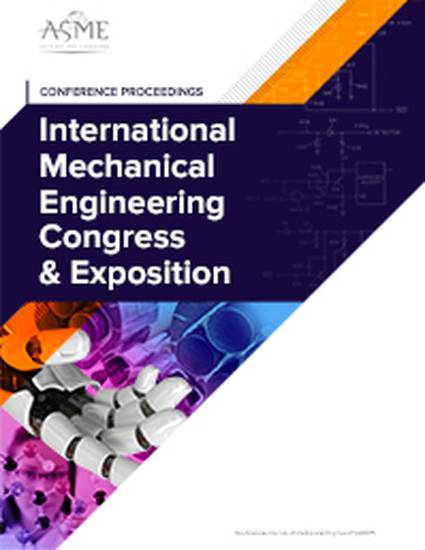
Thermostatically Controlled Loads (TCLs) have shown great potential for Demand Response (DR) events. However, it has been commonly seen that DR events using TCLs may cause load synchronization and unwanted oscillatory effects, especially in homogeneous populations. In an attempt to mitigate the negative impacts of DR events, a decentralized method is proposed that modifies each thermostat behavior based on the activity of nearby TCLs. This feedback introduces the possibility of instability in the aggregate behavior. A stability analysis is performed on a model of the aggregate system and the results of that analysis compared to simulation results. Several populations were considered, varying population size, communication topology, thermostat deadband and heterogeneity of the population. While the linearized analysis failed to accurately predict instabilities in the aggregate system, it did provide insight into global behavior.
